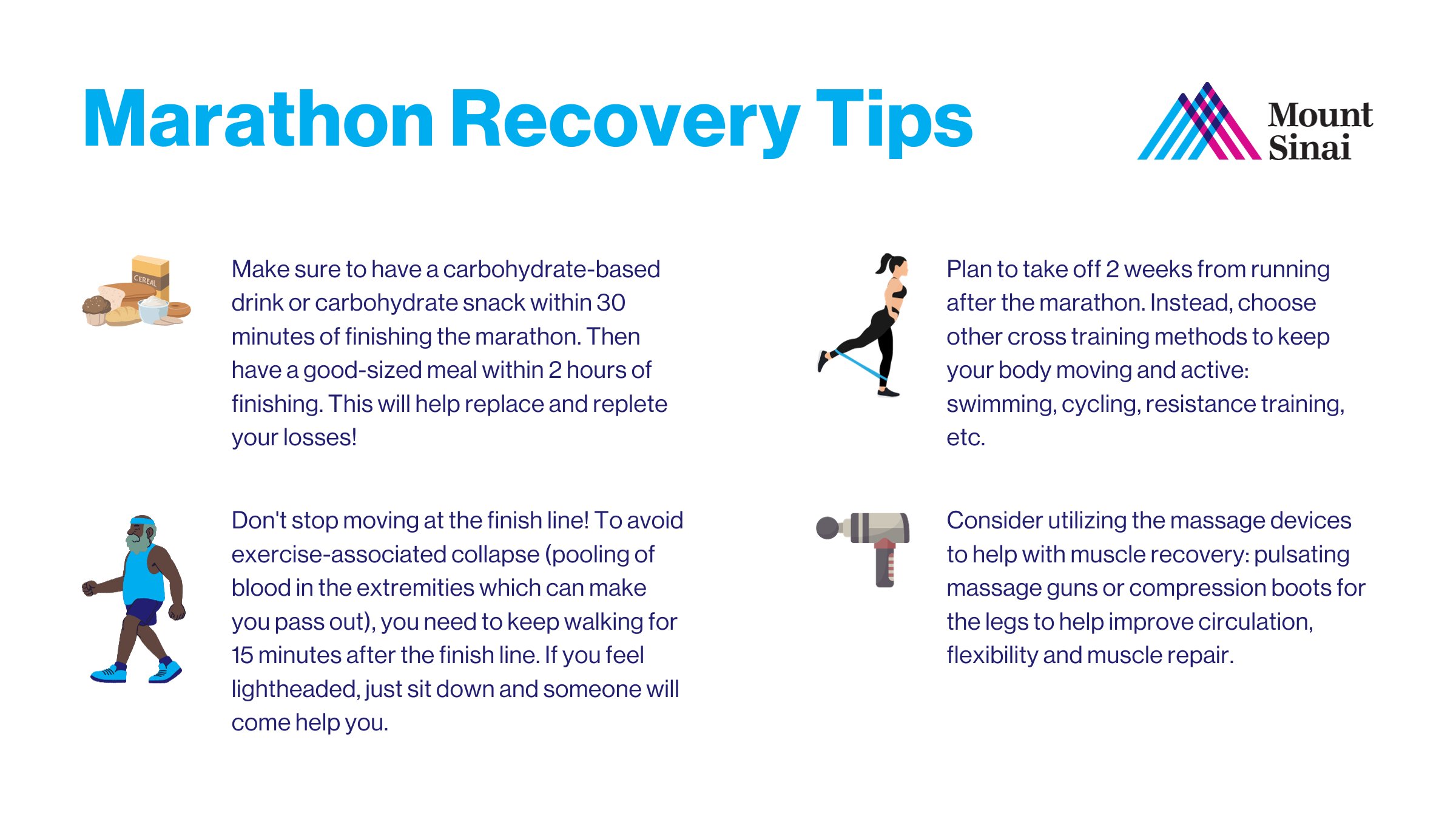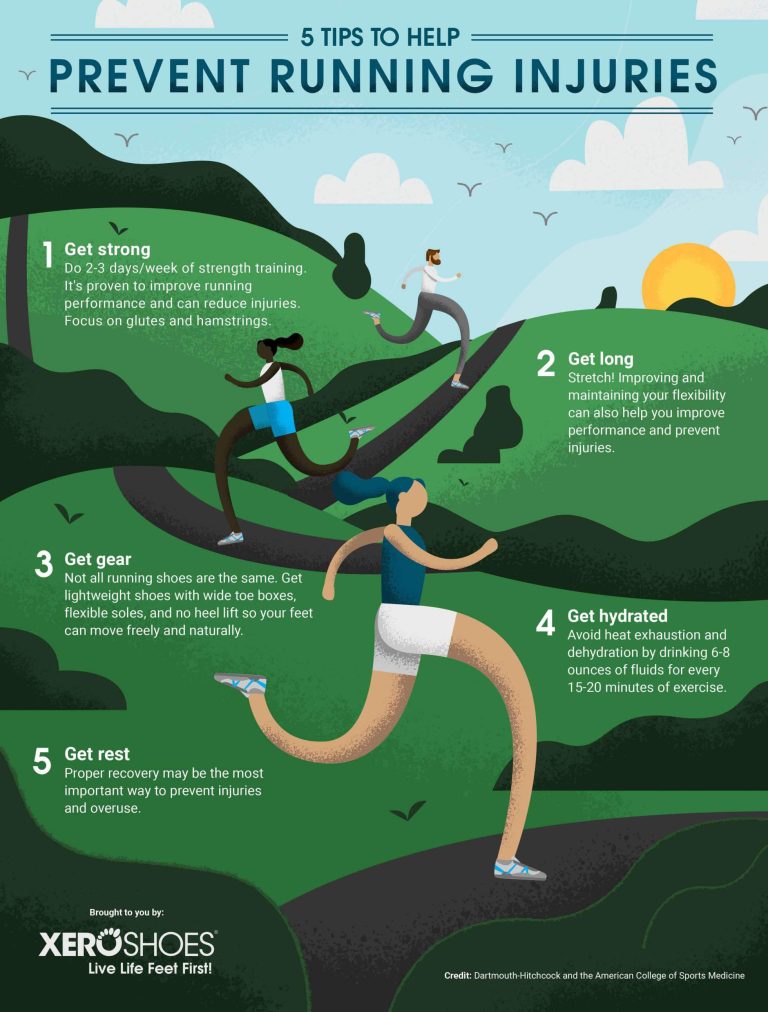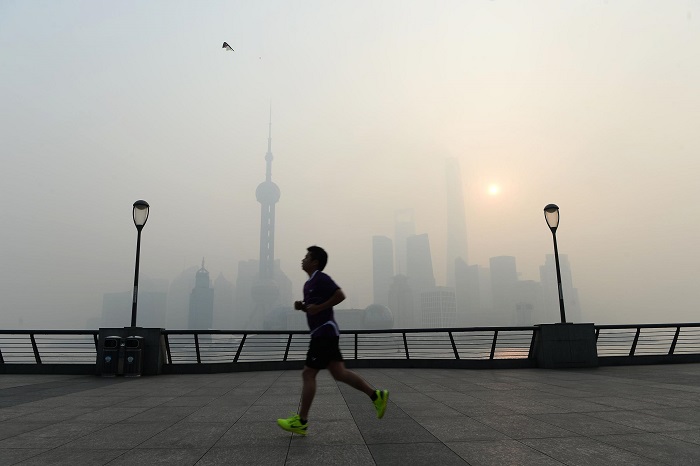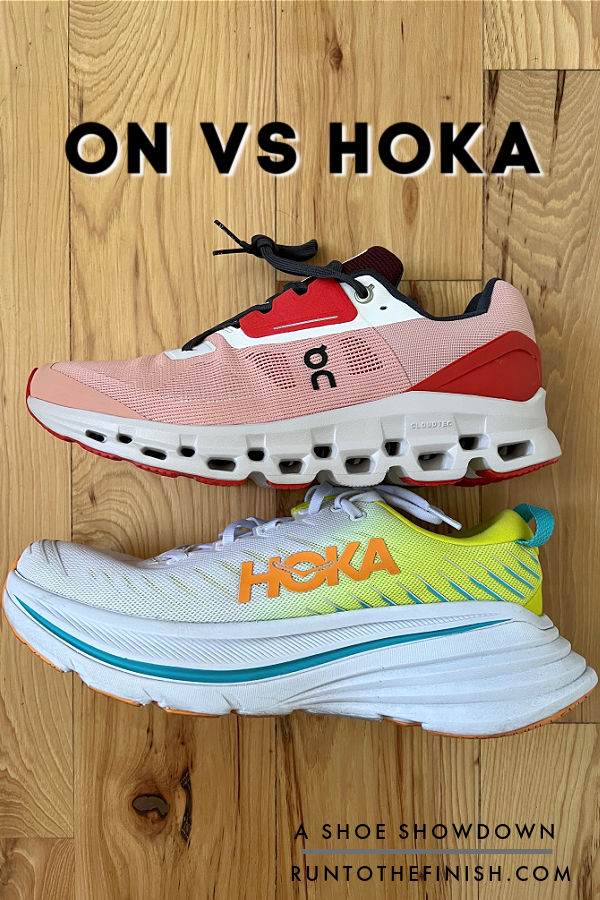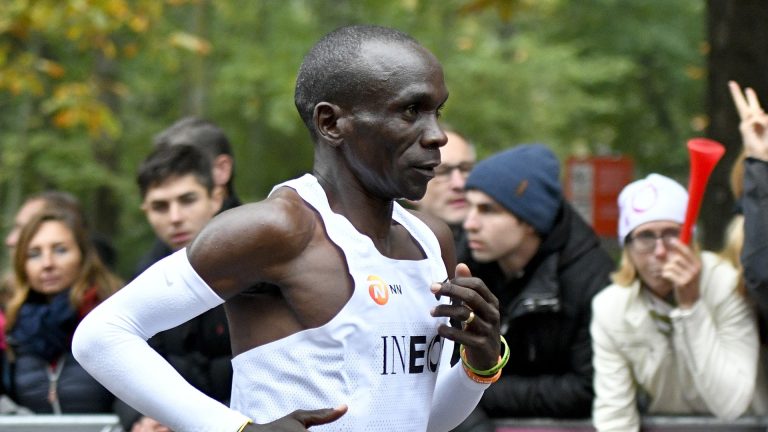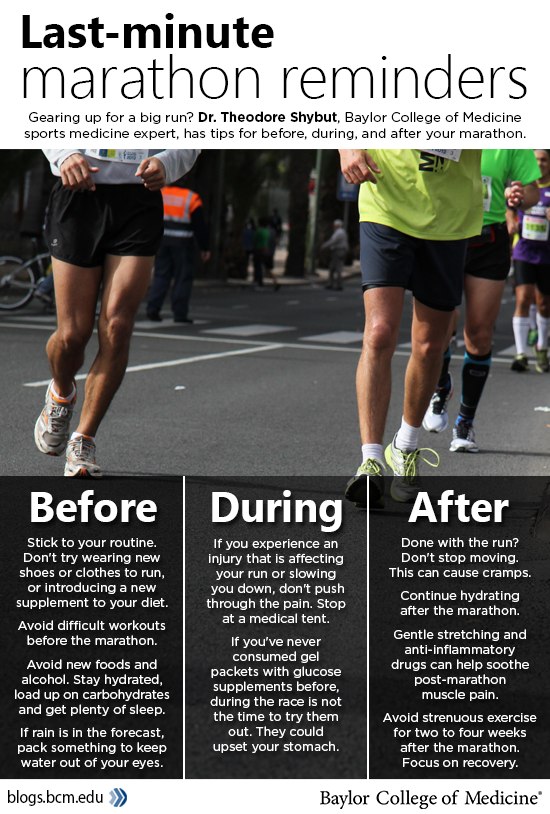How to Improve Marathon Recovery
To improve marathon recovery, focus on rest, hydration, nutrition, stretching, and proper sleep habits. Ensuring your body gets the necessary nutrients and hydration, along with sufficient rest and sleep, is crucial for enhancing marathon recovery.
Stretching before and after the race can also aid in reducing muscle soreness and promoting faster recovery. Proper recovery techniques are essential to prevent injuries and improve performance in future races. By implementing these strategies, you can optimize your marathon recovery process and bounce back stronger for your next race.
Proper Hydration
Proper hydration is crucial for marathon recovery. Whether it’s before, during, or after the race, maintaining the right balance of fluids is key to supporting your body’s performance and recuperation.
Pre-marathon Hydration
Prior to the marathon, focus on adequate hydration to ensure your body starts the race in optimal condition. Drink plenty of water in the days leading up to the event, aiming for at least 8-10 glasses per day. Avoid excessive consumption of caffeinated and alcoholic beverages, as they can cause dehydration.
During The Marathon Hydration
While running, it’s essential to maintain sufficient hydration. Consume small sips of water at regular intervals, typically every 15-20 minutes. Consider using a sports drink to replenish electrolytes lost through sweat. Be sure to listen to your body and drink as needed, but avoid overhydration, which can lead to hyponatremia.
Post-marathon Hydration
After completing the race, prioritize rehydration. Focus on replacing lost fluids by consuming water or a recovery drink. Combine this with a snack containing carbohydrates and protein to support muscle repair and recovery. Monitor your urine color – it should be pale yellow, indicating adequate hydration.

Credit: www.runnersworld.com
Nutrition For Recovery
Proper nutrition plays a crucial role in post-marathon recovery. Focusing on consuming the right balance of carbohydrates, proteins, and fats can help replenish energy stores and repair muscle damage efficiently.
Carbohydrates
Amp up your carbohydrate intake after a marathon to refuel glycogen stores quickly. Opt for whole grains, fruits, and vegetables.
Proteins
Include protein-rich foods in your recovery plan to promote muscle repair and growth. Sources like lean meats, eggs, and legumes are ideal choices.
Fats
Don’t skimp on healthy fats that aid in reducing inflammation and supporting overall recovery. Include sources such as avocados and nuts in your post-race meals.
Active Recovery Techniques
Implementing active recovery techniques post-marathon can significantly speed up the recovery process, helping you get back on your feet faster.
Light Exercise
- Engaging in gentle activities like walking or cycling can boost blood flow without straining your muscles.
- Light exercise helps loosen up tight muscles and joints, aiding in faster recovery.
Stretching
- Performing static stretches post-marathon helps increase flexibility and reduce muscle soreness.
- Stretch major muscle groups gently, holding each stretch for 15-30 seconds.
Foam Rolling
- Utilize a foam roller to release muscle tension and trigger points after the marathon.
- Roll slowly over sore areas, focusing on tight spots to improve muscle recovery.

Credit: www.on-running.com
Rest And Sleep
Rest and sleep play a crucial role in the recovery process for marathon runners. Proper rest and quality sleep are essential for the body to repair itself and adapt to the intense physical demands of the race. Focusing on these aspects of recovery can significantly enhance performance and reduce the risk of injury. Let’s delve deeper into the importance of rest and optimizing sleep quality to ensure a smooth marathon recovery.
Importance Of Rest
Rest is vital for the body to recuperate from the strain of a marathon. It allows muscles to repair and rebuild, replenishes energy stores, and prevents burnout. Adequate rest contributes to mental rejuvenation, fostering a positive mindset essential for recovery. By allowing the body to heal, rest enhances overall performance and reduces the likelihood of overtraining injuries.
Optimizing Sleep Quality
Quality sleep is paramount for effective recovery. Maximize the benefits of sleep by creating a conducive environment for rest, such as a cool, dark, and quiet bedroom. Establish a consistent sleep schedule, aiming for 7-9 hours of uninterrupted sleep each night. Avoid stimulants like caffeine and electronic devices before bedtime. Implement relaxation techniques like deep breathing or meditation to promote quality sleep and aid in the body’s recovery process.
Managing Inflammation
Improve marathon recovery by effectively managing inflammation. Implement strategies such as rest, proper nutrition, hydration, and recovery techniques to alleviate soreness and promote faster healing.
Managing Inflammation Inflammation is a common occurrence after running a marathon. It is the body’s natural response to the stress placed on muscles and joints during the race. While some inflammation is normal and can actually aid in the recovery process, excessive or prolonged inflammation can hinder recovery and increase the risk of injury. To ensure a speedy and effective marathon recovery, it is essential to manage inflammation. Here are three effective ways to do so. H3 Ice baths Ice baths are a popular recovery technique among athletes, and for good reason. The cold temperature constricts blood vessels, reducing swelling and inflammation. To take an ice bath, fill a bathtub with cold water and add ice cubes. Submerge your body up to the waist for 10-15 minutes, allowing the cold water to do its magic. Repeat this process a few times a day for maximum benefits. H3 Compression garments Compression garments, such as compression socks or leggings, provide gentle pressure to the muscles and joints, aiding in blood flow and reducing inflammation. The compression helps flush out waste products and brings in fresh oxygen and nutrients to promote healing. It is recommended to wear compression garments for a few hours after the marathon, or even during sleep for continued recovery. H3 Anti-inflammatory foods In addition to external techniques, incorporating anti-inflammatory foods into your diet can also help manage inflammation and speed up marathon recovery. When it comes to nourishing your body after a race, opt for foods with natural anti-inflammatory properties. Some examples include: – Omega-3 rich foods such as fatty fish (salmon, mackerel) and flaxseeds. – Brightly colored fruits and vegetables like berries, cherries, and leafy greens. – Spices and herbs like turmeric, ginger, and cinnamon. – Healthy fats like avocados, olive oil, and nuts. Including these foods in your post-marathon meal plan can help reduce inflammation and support overall recovery. Plan your meals with a focus on nutrient-dense, anti-inflammatory options that will provide the necessary fuel for a speedy recovery. Managing inflammation is a vital aspect of marathon recovery. By incorporating ice baths, compression garments, and anti-inflammatory foods into your post-race routine, you can effectively reduce inflammation and promote healing. Remember, adequate rest and hydration also play crucial roles in the recovery process. Take care of your body, listen to its needs, and allow yourself the time and resources to fully recuperate from your marathon achievement.
Credit: www.runna.com
Frequently Asked Questions On How To Improve Marathon Recovery
How Can I Speed Up My Recovery After A Marathon?
To speed up recovery after a marathon, prioritize rest, hydration, and nutrition. Gentle stretching and light exercise can also aid in healing. Proper sleep and a balanced diet are crucial for recovery. Additionally, consider massage or foam rolling to relieve muscle soreness.
How Long Do You Need To Recover From A Marathon?
It typically takes about 2-4 weeks to recover from a marathon, depending on individual fitness levels and training. Remember to rest, rehydrate, and gradually ease back into exercise.
What Is The Post Marathon Syndrome?
Post marathon syndrome refers to the physical and emotional challenges athletes may face after a race. Symptoms include fatigue, muscle soreness, mood swings, and a sense of letdown. Recovery and self-care are crucial for overcoming this temporary condition.
Conclusion
Ensuring a proper marathon recovery is crucial for athletes’ well-being and performance. By implementing these tips, you can speed up your recovery process and get back to your training routine faster. Remember, rest, nutrition, and active recovery are key elements in an effective marathon recovery plan.
Incorporating these strategies can make a significant difference in your overall performance and health. Start implementing these techniques today and watch your recovery time improve!

